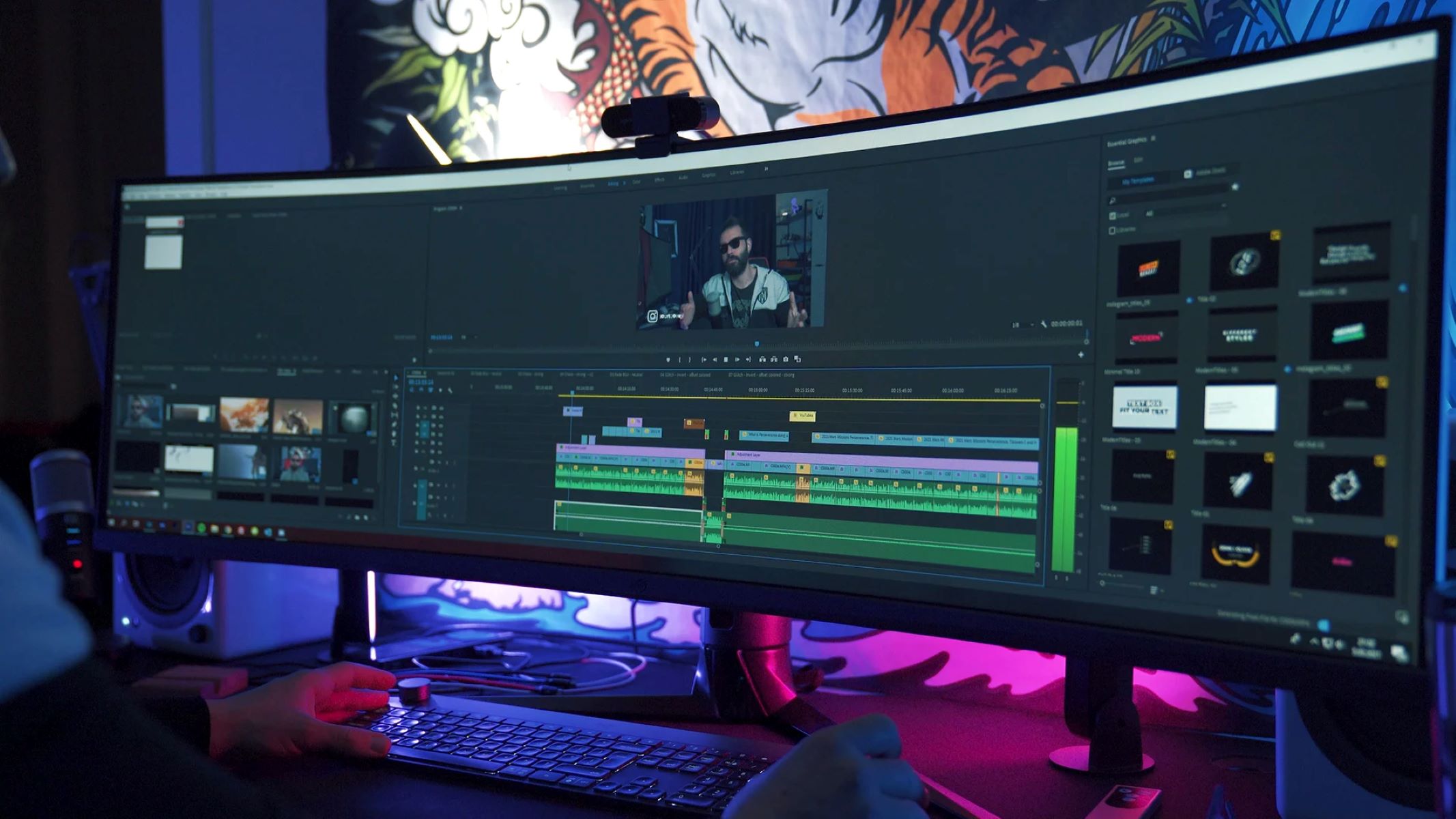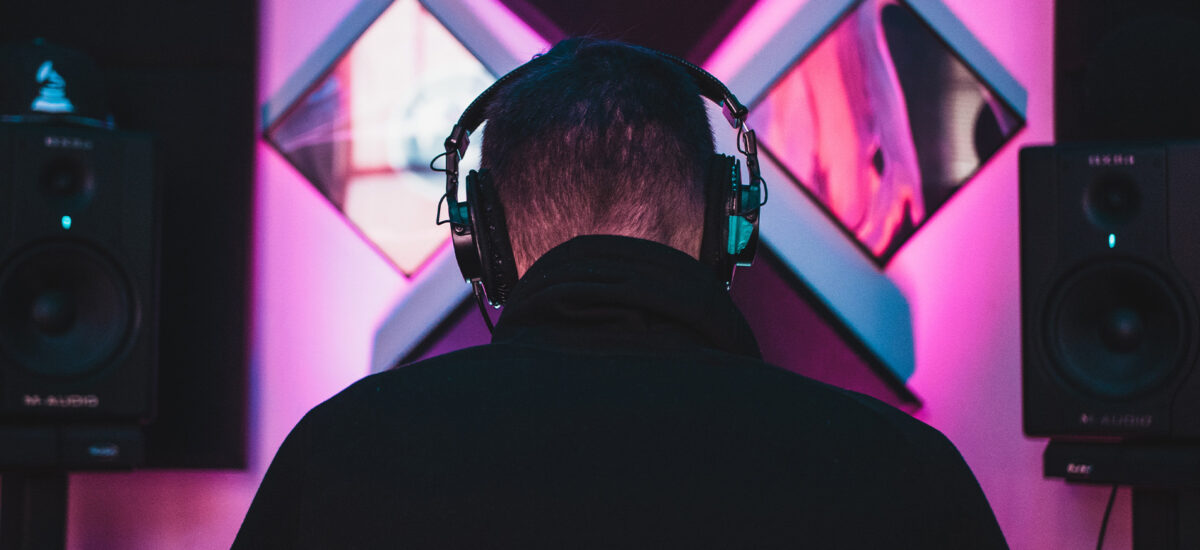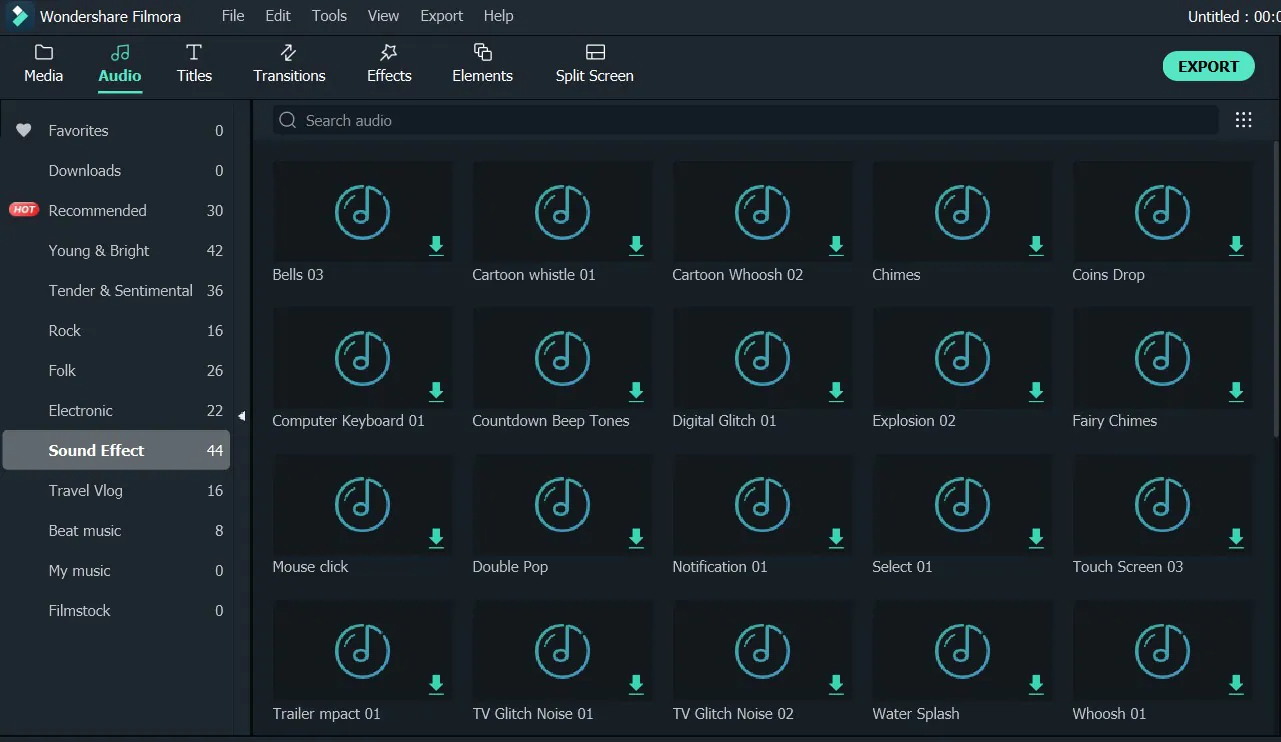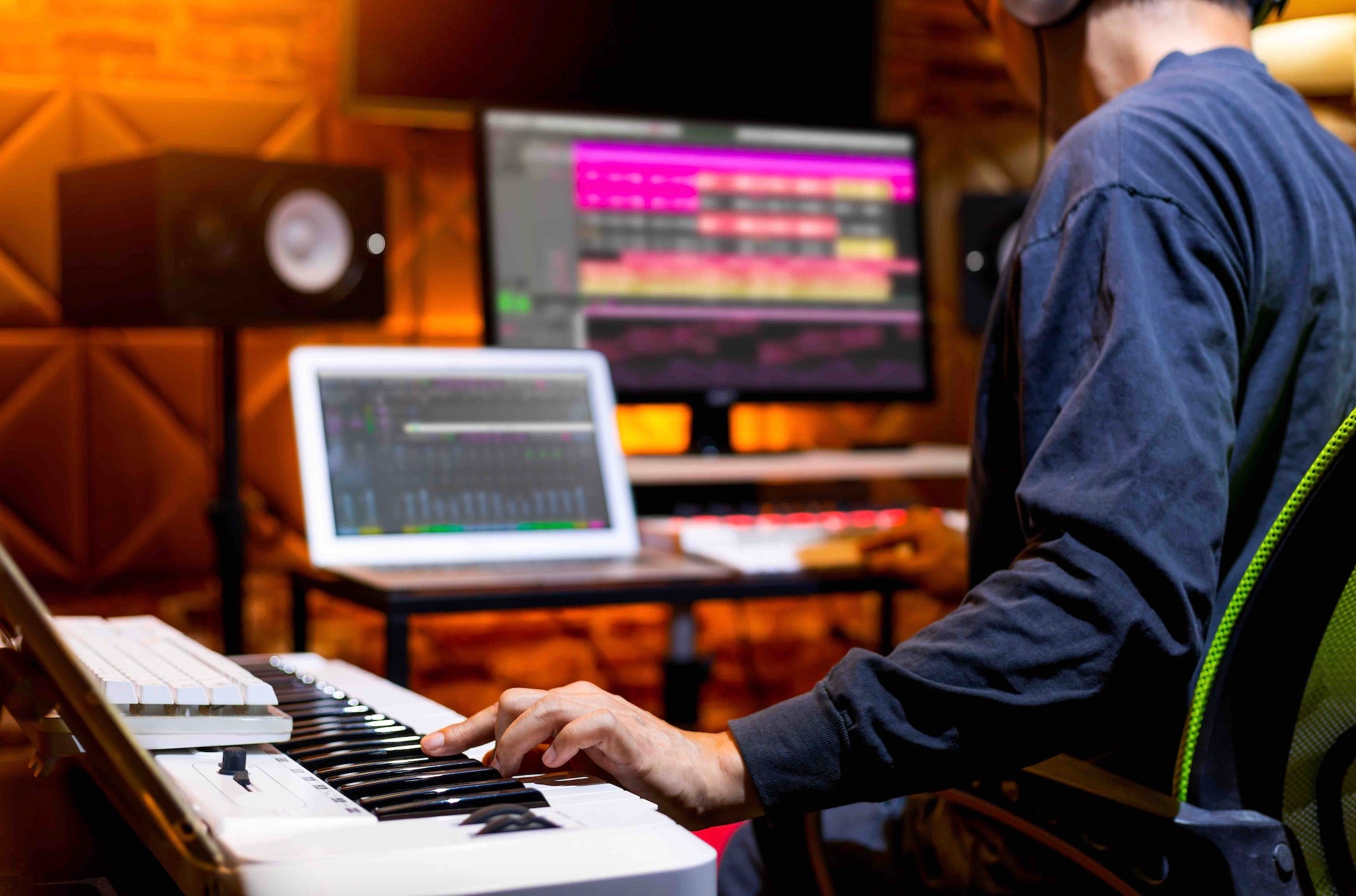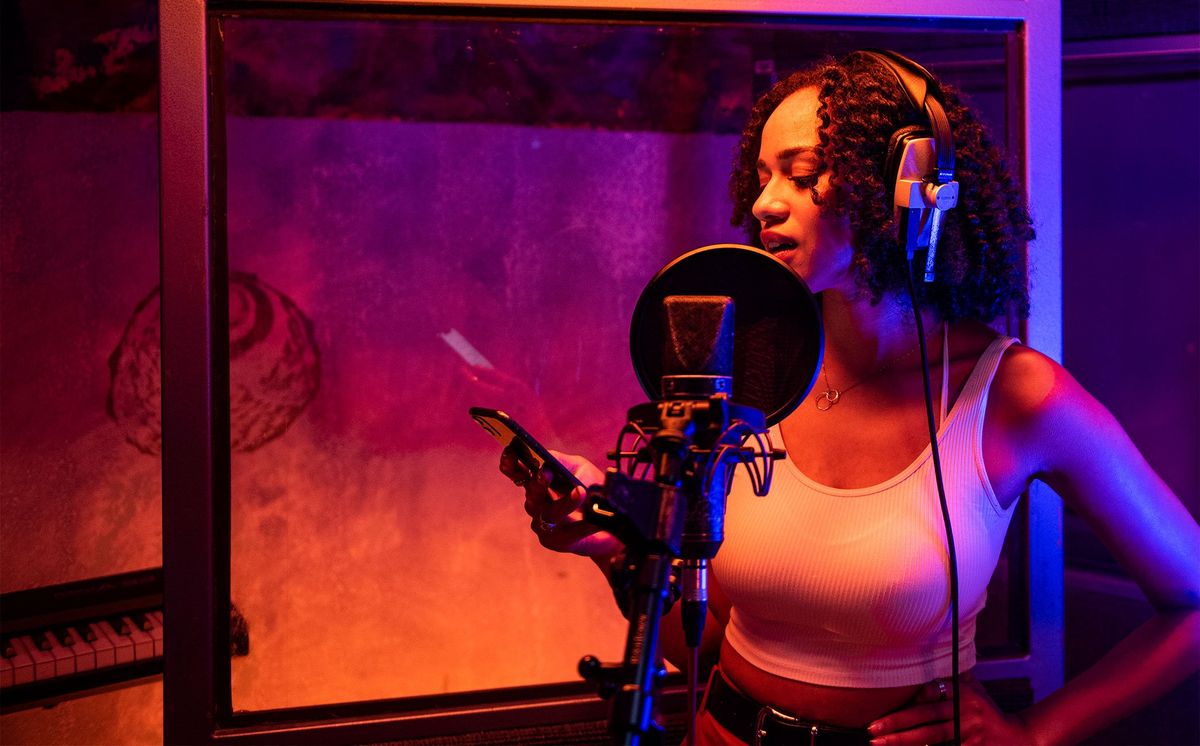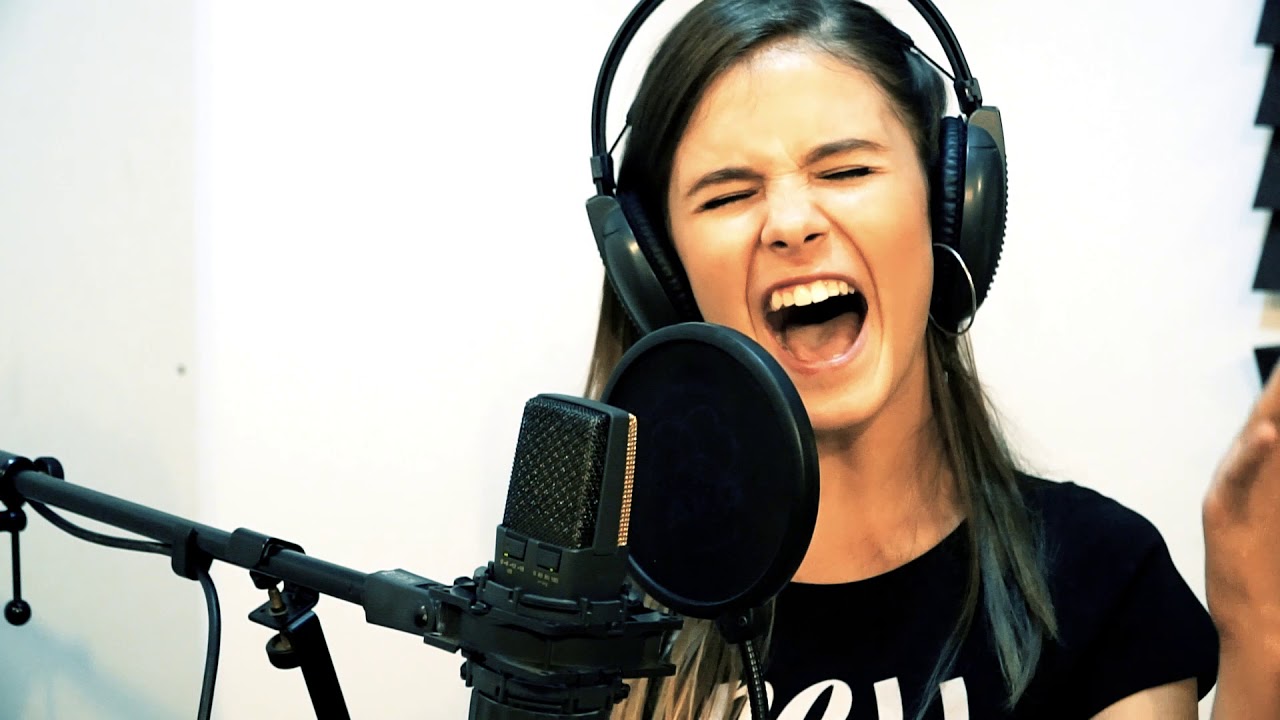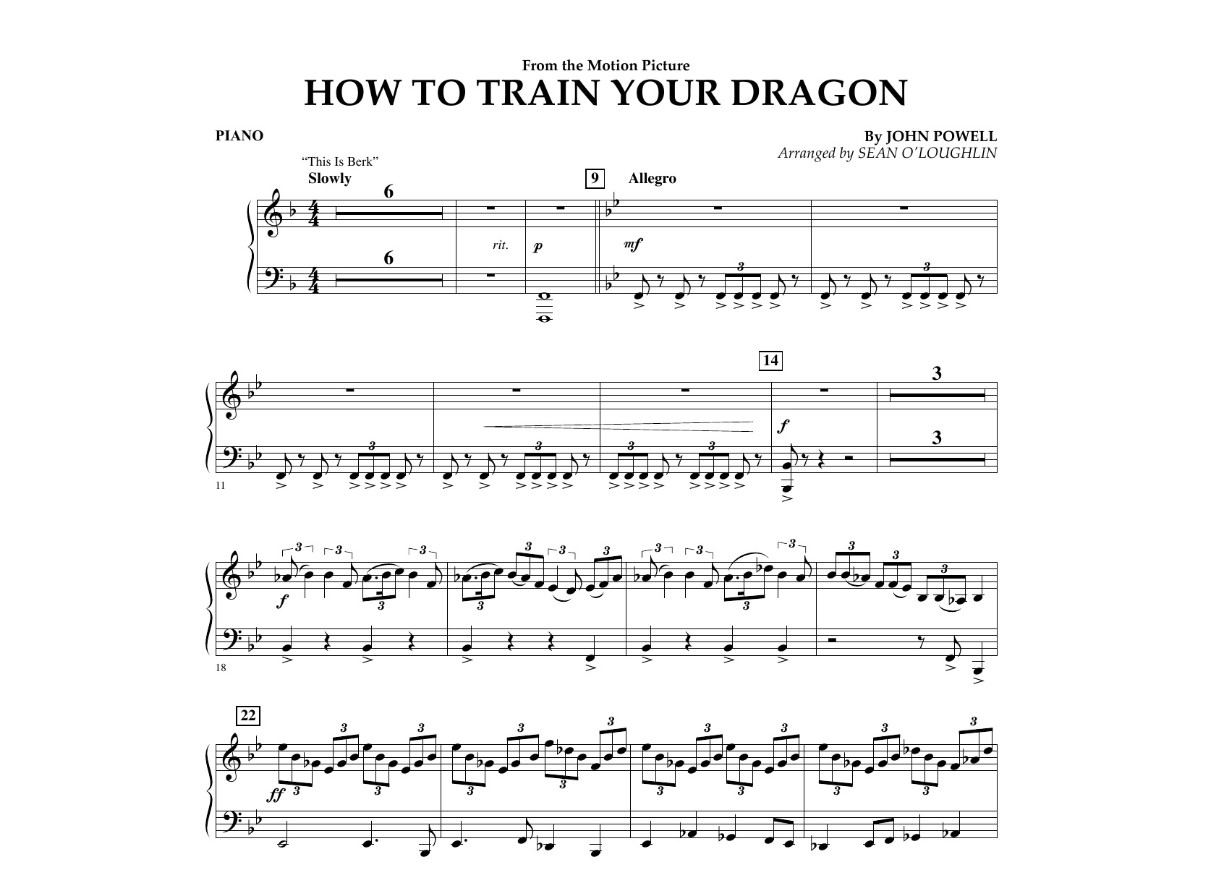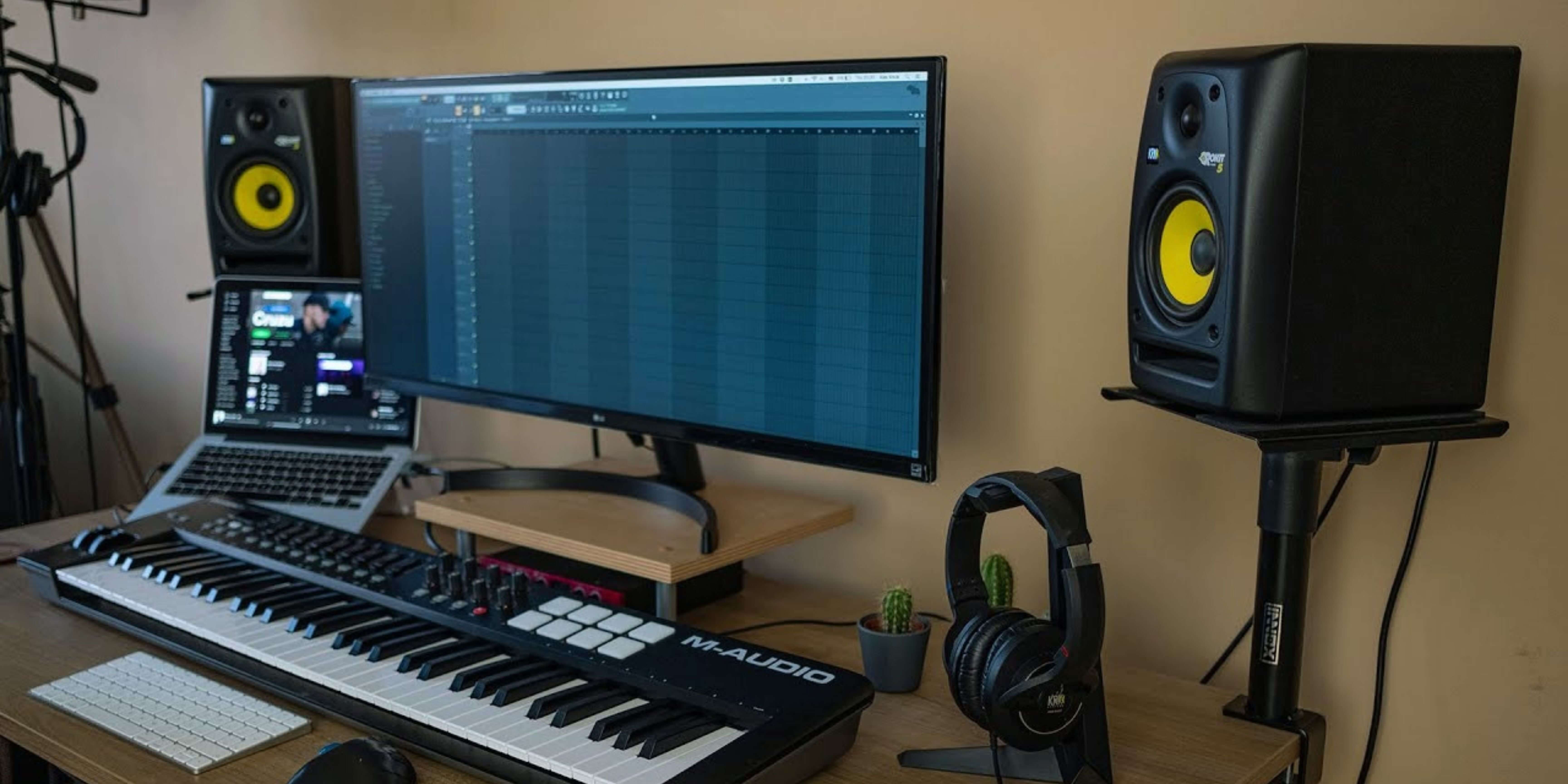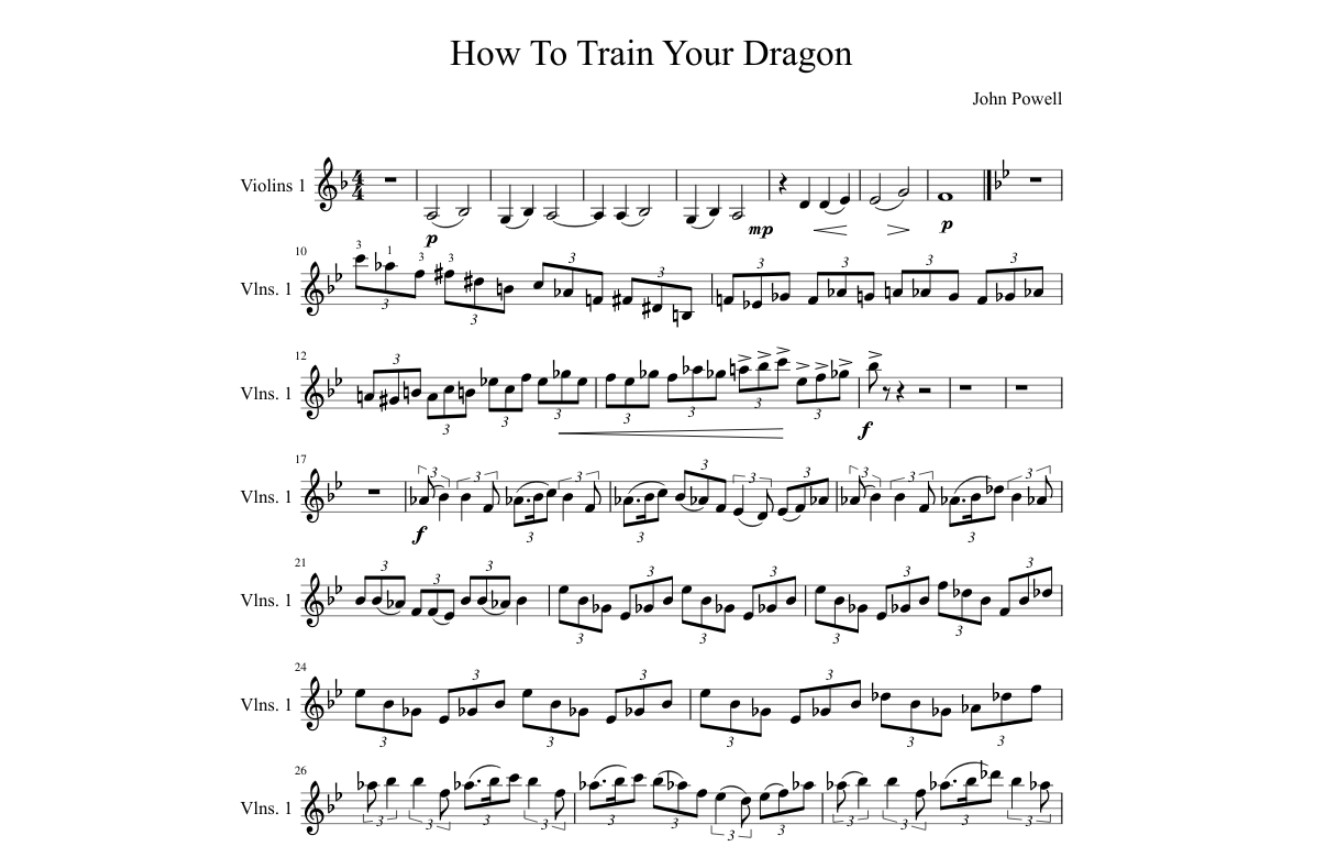Home>Production & Technology>Producer>How To Copyright Your Music As A Producer/Artist
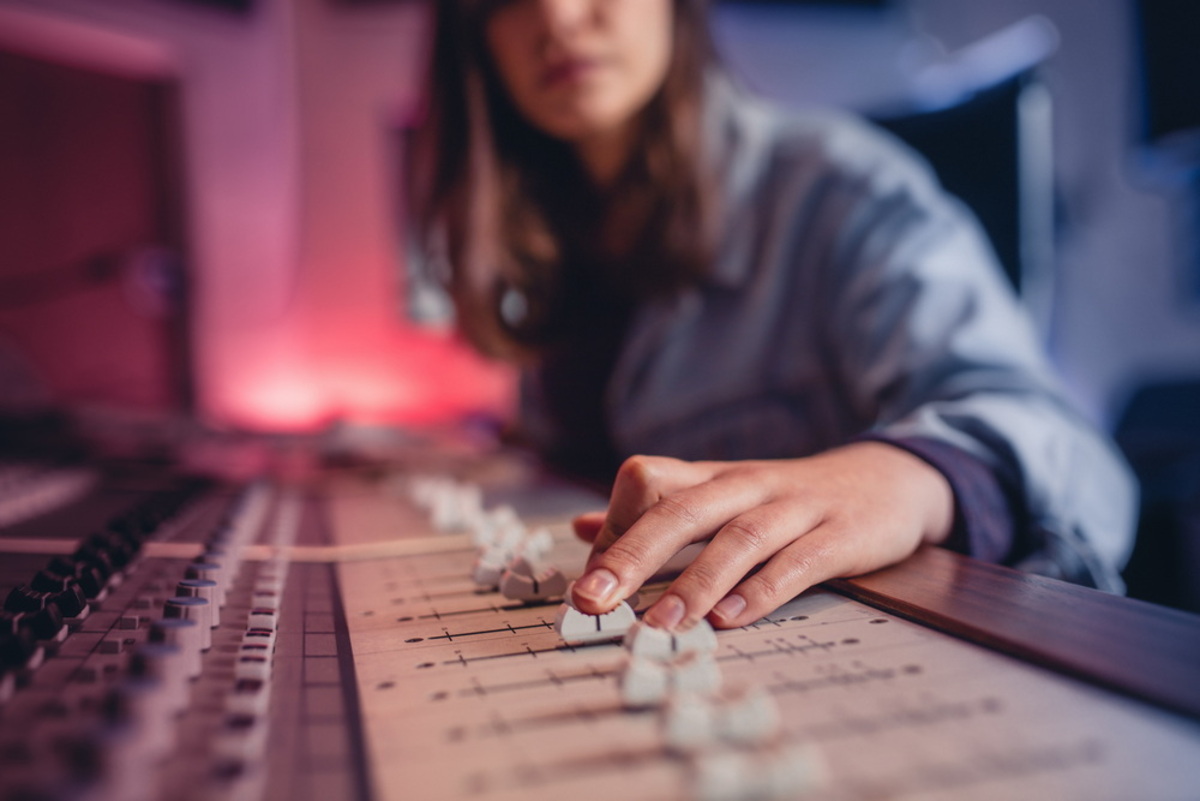

Producer
How To Copyright Your Music As A Producer/Artist
Published: March 6, 2024
Learn how producers can copyright their music to protect their work. Find out the steps to secure your music as a producer/artist.
(Many of the links in this article redirect to a specific reviewed product. Your purchase of these products through affiliate links helps to generate commission for AudioLover.com, at no extra cost. Learn more)
Table of Contents
Understanding Copyright for Music
Copyright is a crucial aspect of protecting your music as a producer or artist. It grants you exclusive rights to your original compositions, ensuring that you have control over how your music is used and distributed. As a music creator, understanding the fundamentals of copyright is essential for safeguarding your work and securing your creative rights.
When you create a piece of music, whether it's a song, instrumental track, or any other musical work, copyright protection is automatically granted. This means that your music is legally protected as soon as it is fixed in a tangible form, such as being recorded or written down. As the copyright holder, you have the sole authority to reproduce, distribute, perform, and display your music. This protection extends to both published and unpublished works, offering comprehensive coverage for your creative output.
It's important to note that copyright protection applies not only to the music itself but also to the lyrics, melodies, arrangements, and any other original elements contained within your compositions. This broad scope ensures that your creative contributions are fully safeguarded under copyright law.
Moreover, understanding the duration of copyright protection is vital. In the United States, music copyrights generally last for the life of the creator plus 70 years. This extensive timeframe ensures that your music remains protected throughout your lifetime and beyond, providing long-term security for your artistic legacy.
By comprehending the principles of copyright for music, you empower yourself to assert your rights as a music creator. This knowledge enables you to make informed decisions about licensing, distribution, and collaborations, ensuring that your music is used in accordance with your intentions and preferences.
In the next sections, we will delve into the specific steps involved in copyrighting your music and the process of registering your compositions with the copyright office. These actionable insights will further equip you with the tools and know-how to effectively protect your music and navigate the intricacies of copyright law as a producer or artist.
Steps to Copyright Your Music
As a music producer or artist, taking proactive steps to copyright your music is a crucial aspect of safeguarding your creative work. By following a structured approach, you can ensure that your compositions are formally protected under copyright law. Here are the essential steps to copyright your music:
-
Create Your Original Music: The first step in the copyright process is to create your original music. Whether you're composing a new song, crafting an instrumental track, or producing a unique musical arrangement, the creative process is the foundation of your copyright claim. It's important to document your creative work through recordings, sheet music, or written notation, as this tangible form is integral to establishing copyright protection.
-
Understand Copyright Ownership: Before proceeding with the copyright registration, it's essential to clarify the ownership of the music. If you are the sole creator of the music, you automatically hold the copyright. However, if the music is a collaborative effort involving multiple creators, it's crucial to establish clear agreements regarding copyright ownership and determine the rights of each contributor.
-
Document Your Creation Date: Keeping a record of the creation date of your music is valuable for copyright purposes. This can be achieved by maintaining dated drafts, studio session logs, or any other evidence that establishes the timeline of your creative process. The creation date serves as a reference point for demonstrating when your music was first fixed in a tangible form, which is a key aspect of copyright protection.
-
Consider Copyright Registration: While copyright protection is automatically granted upon the creation of your music, registering your compositions with the U.S. Copyright Office provides additional legal benefits. The registration process involves submitting an application, a nominal fee, and copies of your music. Once registered, your copyright becomes a matter of public record, offering enhanced legal protection and the ability to pursue legal action against infringement.
-
Compile Necessary Documentation: When preparing to register your music for copyright protection, gather all the essential documentation, including the titles of your compositions, details of the creators, creation dates, and copies of the music in a tangible form. This thorough documentation streamlines the copyright registration process and ensures that all pertinent information is accurately included in your application.
-
Submit Your Copyright Application: With your documentation in hand, proceed to submit your copyright application to the U.S. Copyright Office. The application process can be completed online or through traditional mail, providing flexibility and convenience. Upon successful registration, you will receive a certificate of registration, officially confirming the copyright protection of your music.
By following these steps, you can effectively copyright your music and establish robust legal protection for your creative compositions. This proactive approach empowers you as a music creator, ensuring that your artistic endeavors are safeguarded and respected within the framework of copyright law.
Registering Your Music with the Copyright Office
Registering your music with the U.S. Copyright Office is a pivotal step in formalizing and solidifying the legal protection of your creative compositions. While copyright protection is automatically granted upon the creation of your music, completing the registration process offers a multitude of significant benefits and reinforces the security of your intellectual property.
The process of registering your music involves submitting an application to the U.S. Copyright Office, accompanied by a nominal fee and copies of your compositions. This straightforward yet impactful procedure serves as a proactive measure to assert and safeguard your rights as a music creator.
One of the primary advantages of registering your music with the Copyright Office is the establishment of public record. By becoming part of the official records, your copyright registration provides indisputable evidence of your ownership and the existence of your creative works. This public record not only bolsters the credibility of your copyright claim but also serves as a deterrent against potential infringement, as it signals to others that your music is legally protected.
Furthermore, copyright registration empowers you with enhanced legal remedies in the event of infringement. With a registered copyright, you have the ability to pursue legal action against unauthorized use, reproduction, distribution, or performance of your music. This includes the potential for statutory damages and attorney's fees, offering a compelling deterrent against infringement and a robust recourse for protecting your creative rights.
Another notable benefit of copyright registration is the facilitation of international protection. Through adherence to international copyright treaties and conventions, a U.S. copyright registration provides a foundation for asserting and defending your rights in foreign jurisdictions. This global reach expands the scope of protection for your music, reinforcing its status as a valuable intellectual asset on a worldwide scale.
Moreover, the process of copyright registration is designed to be accessible and user-friendly, offering both online and traditional submission options. This flexibility accommodates the diverse needs and preferences of music creators, ensuring that the registration process is convenient and efficient.
In essence, registering your music with the U.S. Copyright Office is a proactive and advantageous step that fortifies the legal protection of your creative output. By leveraging the benefits of copyright registration, you assert your rights as a music creator, establish a compelling deterrent against infringement, and position your compositions for comprehensive protection on a global scale.
Understanding the Rights and Protections of Copyright
Understanding the rights and protections afforded by copyright is fundamental for music creators, providing a comprehensive framework for safeguarding their original compositions and asserting their creative control. As a music producer or artist, having a firm grasp of the rights and protections associated with copyright empowers you to navigate the complexities of intellectual property law and make informed decisions regarding the use and dissemination of your music.
At its core, copyright grants you a range of exclusive rights over your music, ensuring that you have the sole authority to reproduce, distribute, perform, and display your compositions. This comprehensive control extends to various forms of your music, including recorded tracks, sheet music, and live performances. By exercising these exclusive rights, you dictate how your music is utilized and ensure that your creative vision is honored and respected.
Furthermore, copyright protection encompasses the right to create derivative works based on your original music. This provision affords you the opportunity to adapt, remix, or transform your compositions, granting you the authority to dictate the terms under which derivative works are created and distributed. This flexibility enables you to explore diverse creative avenues while retaining control over the evolution of your music.
In addition to exclusive rights, copyright also provides robust legal protections against unauthorized use or infringement of your music. With a registered copyright, you have the ability to pursue legal action against individuals or entities that violate your rights, seeking remedies for damages and asserting your ownership of the music. This legal recourse serves as a formidable deterrent against infringement, bolstering the integrity of your creative output and safeguarding your artistic contributions.
Moreover, copyright protection extends to digital and online environments, offering safeguards against unauthorized digital distribution, streaming, and reproduction of your music. This modern adaptation of copyright law ensures that your music is shielded from unauthorized exploitation in the digital landscape, preserving the value and integrity of your compositions in an increasingly interconnected world.
By understanding the rights and protections of copyright, music creators can confidently navigate the dynamic landscape of the music industry, assert their creative control, and safeguard their artistic legacy. This comprehensive comprehension of copyright empowers music producers and artists to leverage their exclusive rights, defend against infringement, and shape the trajectory of their creative endeavors with confidence and authority.
Additional Tips for Protecting Your Music
In addition to copyright registration and the assertion of exclusive rights, music creators can implement a range of supplementary strategies to further fortify the protection of their musical works. These additional tips serve as proactive measures to safeguard creative output and mitigate potential risks in the dynamic landscape of the music industry.
-
Document Your Creative Process: Maintaining comprehensive documentation of your creative process, including dated drafts, sketches, and studio session logs, provides valuable evidence of the evolution and origination of your music. This documentation can serve as compelling support in the event of disputes or challenges to your copyright claim, reinforcing the authenticity and integrity of your compositions.
-
Utilize Watermarking and Metadata: Incorporating digital watermarks and robust metadata into your music files offers a technological layer of protection, enabling you to assert ownership and trace the origin of your compositions. By embedding identifying information and copyright details within your music, you establish a digital trail that enhances the traceability and authenticity of your creative works.
-
Implement Licensing Agreements: Engaging in formal licensing agreements when collaborating with other artists, producers, or entities ensures that the terms of use and distribution of your music are clearly delineated. By formalizing licensing arrangements, you establish legal parameters for the utilization of your music, preserving your creative control and delineating the rights and obligations of all involved parties.
-
Monitor and Enforce Your Rights: Proactively monitoring the use and dissemination of your music, both offline and online, enables you to detect potential infringements and unauthorized usage. By staying vigilant and enforcing your rights as a copyright holder, you signal a steadfast commitment to protecting your music and maintaining the integrity of your creative output.
-
Stay Informed About Industry Practices: Keeping abreast of industry developments, emerging technologies, and evolving copyright regulations equips you with the knowledge to adapt and respond to changes in the music landscape. By staying informed, you position yourself to make informed decisions and proactively address potential challenges or opportunities within the music industry.
By implementing these additional tips, music creators can augment the protection of their musical works, bolster their resilience against potential threats, and assert their creative authority with confidence and foresight. These proactive measures, when combined with copyright registration and the exercise of exclusive rights, form a comprehensive framework for safeguarding the integrity and value of original music in a dynamic and ever-evolving creative landscape.

